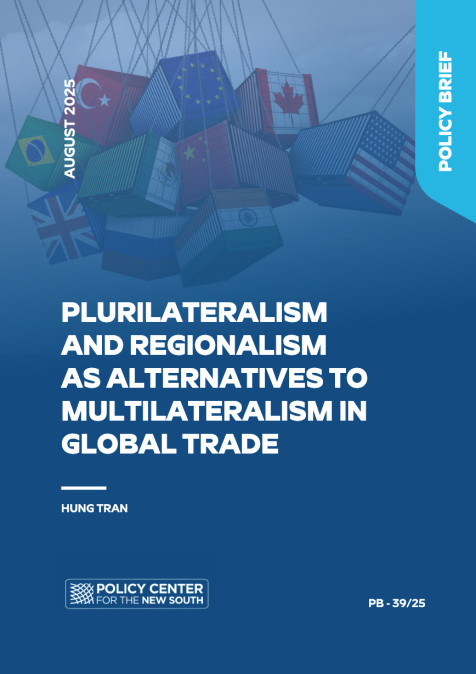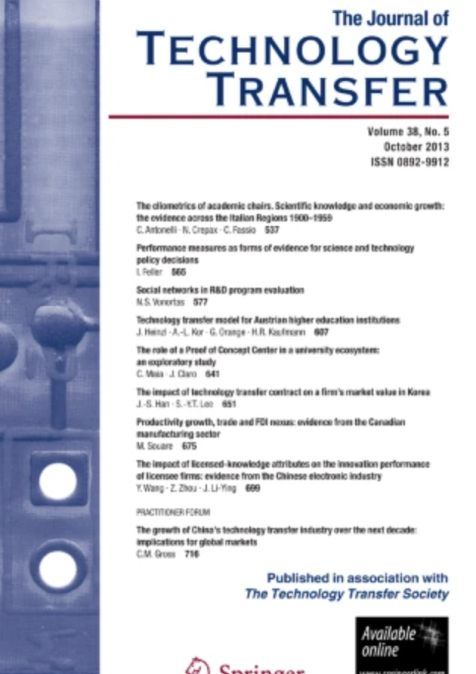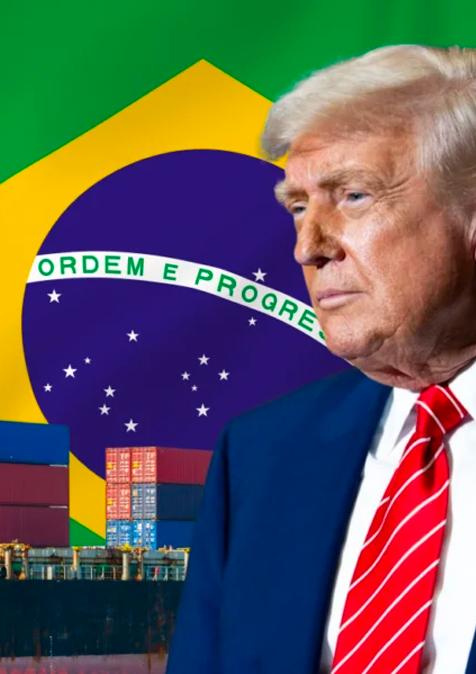Publications /
Policy Paper
Disruptions to global value chains (GVCs) – caused by conflicts, natural disasters, and accidents that close transport routes – and that affect specific regions or sectors, are not unusual. However, in recent years and amid the Covid-19 pandemic, they have become more frequent and severe. High profile, sizeable, and repeated disruptions raise pressing questions: Is the breakdown in many GVCs a temporary glitch, or a permanent phenomenon? Have GVCs become endemically more accident prone, and why? And if so, are firms going to rely less on them? If a sustained withdrawal from GVCs occurs, how will business models be reshaped, and what will be the consequences for growth and inflation? How will the global trading system be affected? In short, policymakers want to know, what is the future of GVCs?
Persistent and severe GVC disruption is a recent phenomenon and hard data needed to analyze its consequences on trade and investment flows are still scarce. Given the available evidence, which is mainly conceptual and anecdotal, and the reigning uncertainty, the note suggests some pointers on how GVCs might evolve and how the WTO could respond.










